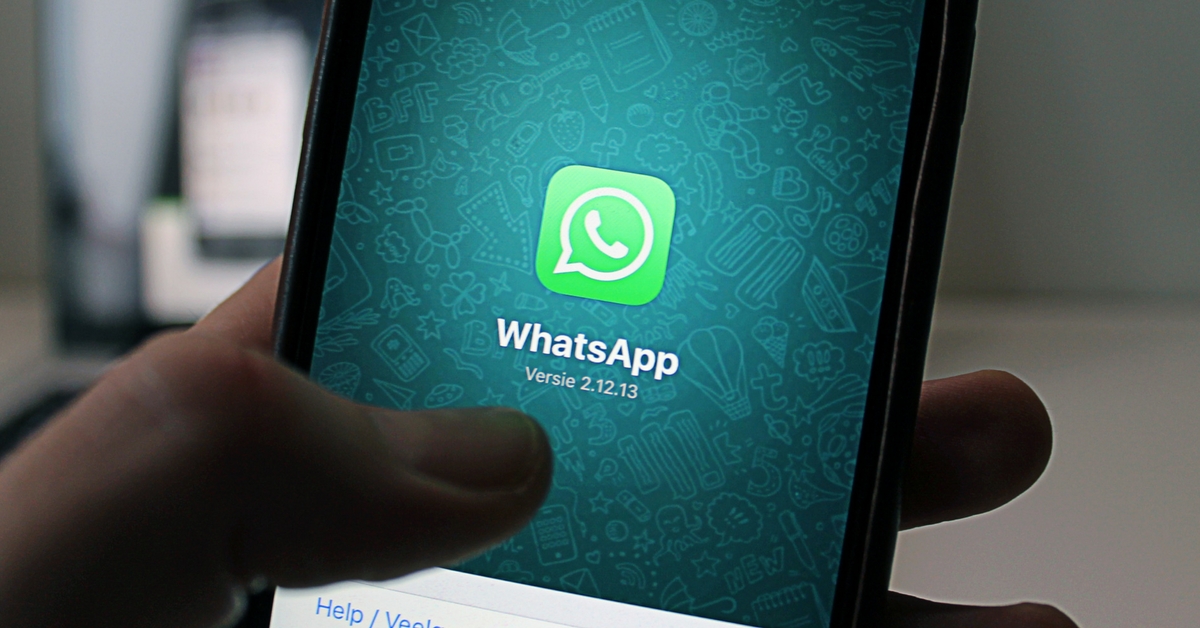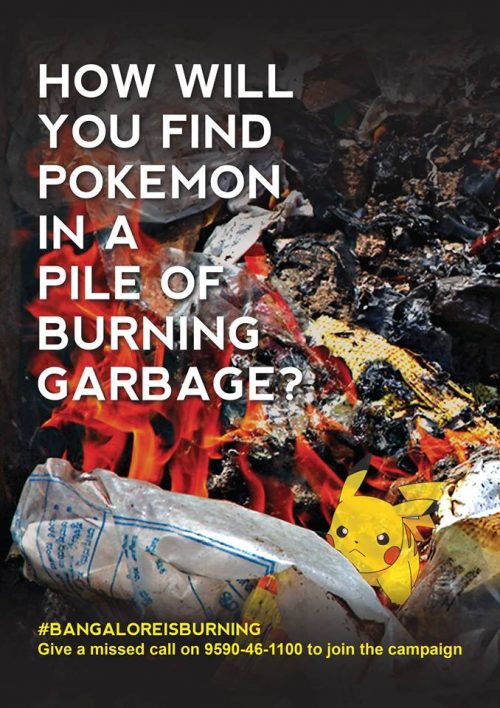TBI Blogs: Here’s How the Ubiquitous Mobile Phone Is Allowing Every Citizen to Become an Activist
Mobile technology has made it easier for everyone to be part of public decision-making simply by sending a message or giving a missed call. A citizen need not be an on-ground activist for their voice to be heard. Mobiles have given us a louder voice, even when we are unable to speak.

Mobile technology has made it easier for everyone to be part of public decision-making simply by sending a message or giving a missed call. A citizen need not be an on-ground activist for their voice to be heard. Mobiles have given us a louder voice, even when we are unable to speak.
A 65-year-old retired worker gives a missed call to show his support to workers of a major corporation that haven’t been compensated for more than a decade. A queer woman signs an email petition on her smartphone, urging the government to decriminalize homosexuality. A young mother whose child has severe breathing issues sends images of garbage burning in her neighbourhood via Whatsapp to request local officials take action. People are eager to do whatever they can to bring about change in their communities, and the mobile phones in their pockets are helping them. With support for change a click away, India is on the cusp of a revolution.
To make a case for mobile activism, let’s take a look at what this device has achieved in the past few months in this country.
We all know the story of how Bengaluru has transformed itself into a major IT hub in the last decade. However, even with all this transformation in the city, the people haven’t forgotten the essence of Bengaluru—a city that values greenery. So when the government decided to hack hundreds of the city’s oldest trees for infrastructure development, the people did not sit quietly. They spoke up loudly!
Jhatkaa.org’s Stop Tree Cutting campaign, launched in September, received massive support via mobile phones. On-ground interventions were spearheaded by a coalition of citizen activists, strategically supported by Jhatkaa.org. Within a couple of weeks, through a missed-call campaign, a whopping 1.65 lakh Bangaloreans expressed disapproval of the government’s tree-cutting initiative. Here’s the surprising part—the messages were just sent to 900 Bangaloreans, but 1.65 lakh citizens took action. This is the power of mobile technology. The campaign was exponentially amplified within days!
With this success, the government had no choice but to pay attentions to the public’s demands. After these 1.65 lakh missed-call signatures from across the city were registered and delivered to the BBMP, Jhatkaa.org was invited to be part of the North Bangalore Tree Committee.
Here, it will represent the voices of citizens and hope to ensure that not a single tree is cut down in this beautiful city without proper process and due diligence.

As a society, we are passionate about issues like climate change, gender equality, and net neutrality. Hence, advocacy is the need of the hour. In order to solve these issues, we need mass citizen-powered movements to match them. Historically, on-ground activists have led the charge, where hundreds and thousands have protested on river dams, in front of historical sites, and outside government offices.
But we know that not everyone can show up on the streets to protests or directly lobby the government—not everyone sees themselves as an activist, or even an agent for change.
Working parents, students in school, and the elderly with mobility issues are all examples of people needed in movements for social change. That’s why it is important for us to meet people where they are, speaking to their issues and interests, using language that resonates with them, via the media that they’re using.
The advantages of actions through mobiles are manifold. In this linguistically diverse nation, mobiles can reach out to people speaking different languages. Mobile campaigning also removes the barrier of distance. If you’re in the southern part of the country, you can still be a part of a movement in the north by just taking an action on your mobile phone.
Friends, families, and colleagues are able to share campaigns at high velocity using SMS and messaging apps.

India is a 1.2-billion-strong nation, with an active mobile phone user-base of around 902 million. It also has the second largest active smartphone user base in the world, with more than 220 million users. Moreover, 22 million Indians are on Twitter, 155 million have Facebook accounts, and 160 million use Whatsapp. The opportunity for mobilizing is tremendous, and the possibility for victory is huge!
If we do not engage these millions of Indians, who are already enabled through their mobile phones, we’re ignoring the vast majority of our country. That’s why mass mobilisation is core to activism’s DNA, and why mobile phones have become central to our campaign strategies.
While drafting public policies, our government often ignores many voices, further marginalizing the already marginalized. That doesn’t mean that we should be quiet. Arundhati Roy, Indian author and activist, was once quoted saying, “There’s really no such thing as the voiceless. There are only those we deliberately silence, or preferably ignore.” We must hear everyday citizens more often, not silence them.
So when you see a message about a cause you really care about, don’t ignore it, but take action. Give a missed call, forward a message, call a government official—you too can be a part of this revolution.
If you’d like to hear about Jhatkaa.org’s campaigns for social change, join our Whatsapp community on 7676022555. Make sure to say HI once you join the group. We’ll reach out to you the next time where your voice could make a real difference.
Featured Image Source: Pexels
Like this story? Or have something to share? Write to us: [email protected], or connect with us on Facebook and Twitter.
NEW: Click here to get positive news on WhatsApp!
If you found our stories insightful, informative, or even just enjoyable, we invite you to consider making a voluntary payment to support the work we do at The Better India. Your contribution helps us continue producing quality content that educates, inspires, and drives positive change.
Choose one of the payment options below for your contribution-
By paying for the stories you value, you directly contribute to sustaining our efforts focused on making a difference in the world. Together, let’s ensure that impactful stories continue to be told and shared, enriching lives and communities alike.
Thank you for your support. Here are some frequently asked questions you might find helpful to know why you are contributing?


This story made me
-
97
-
121
-
89
-
167













